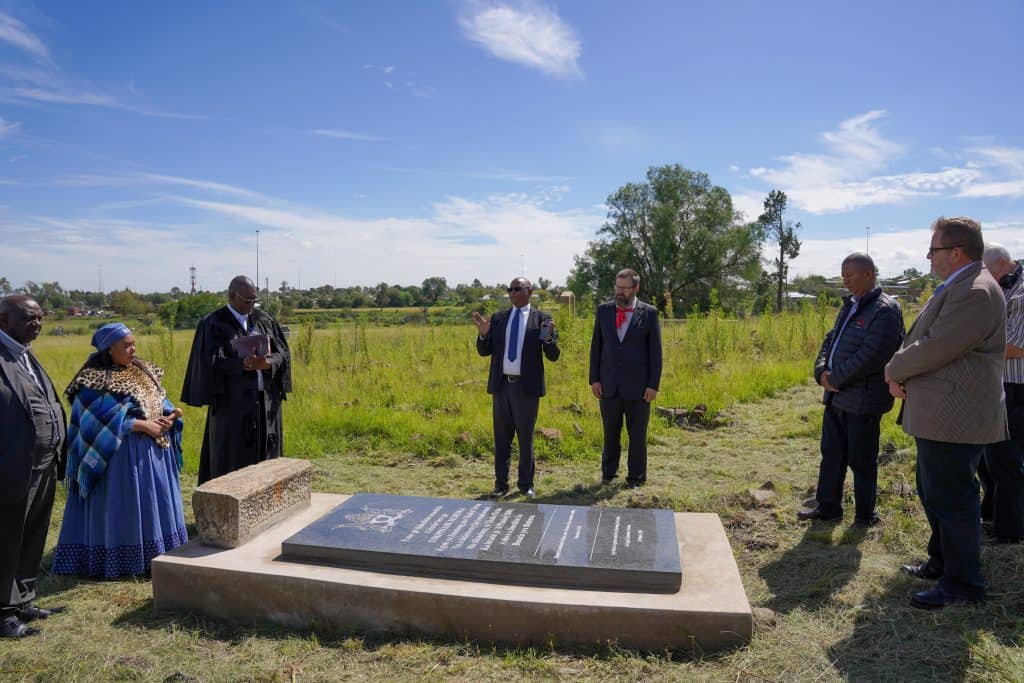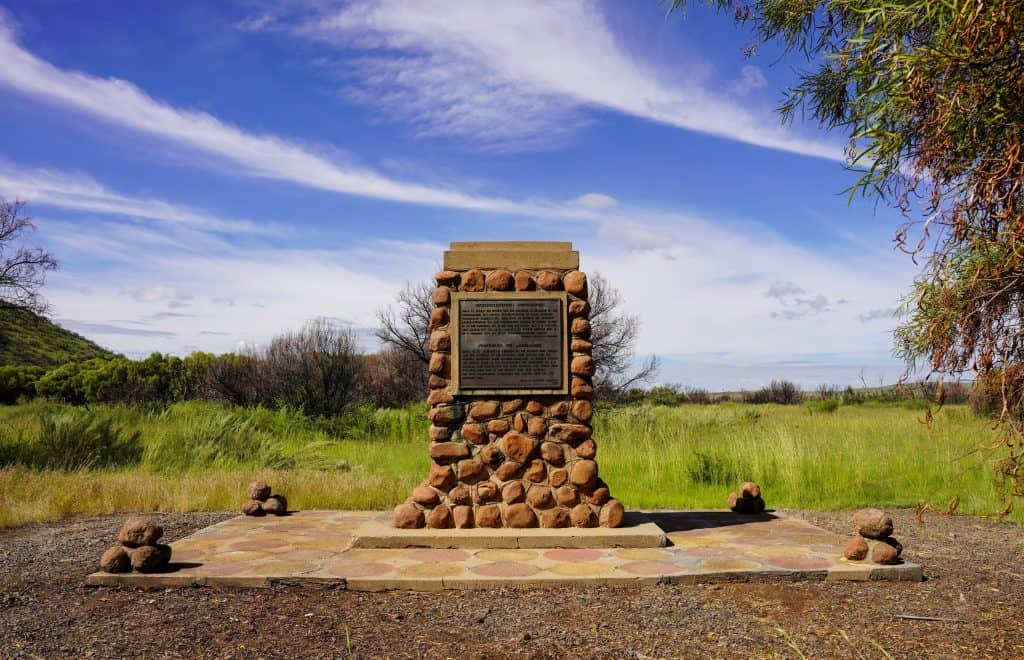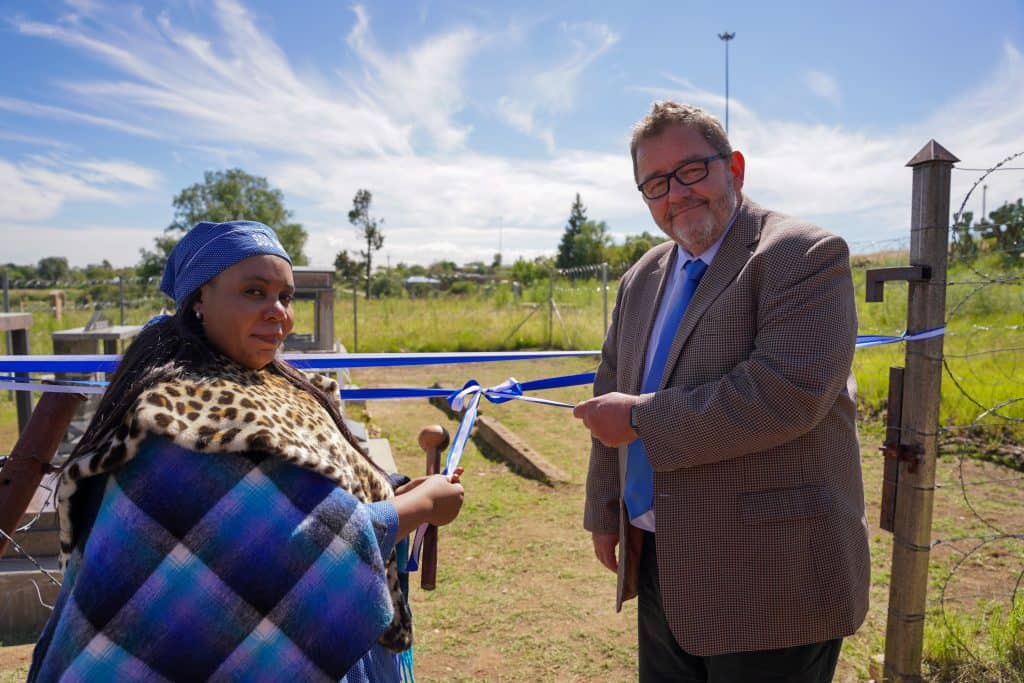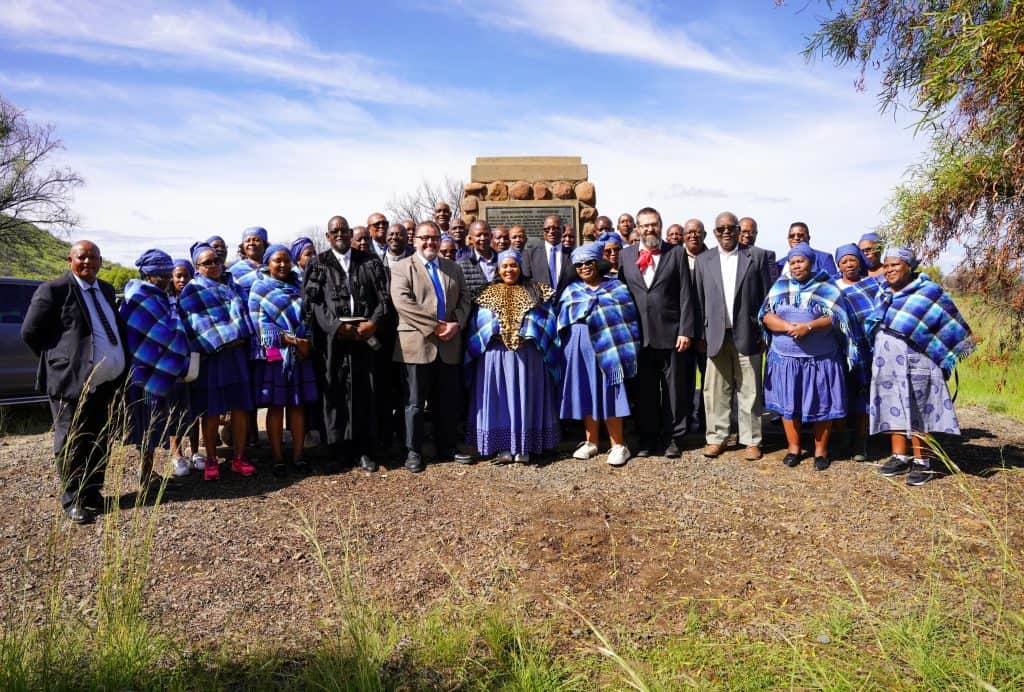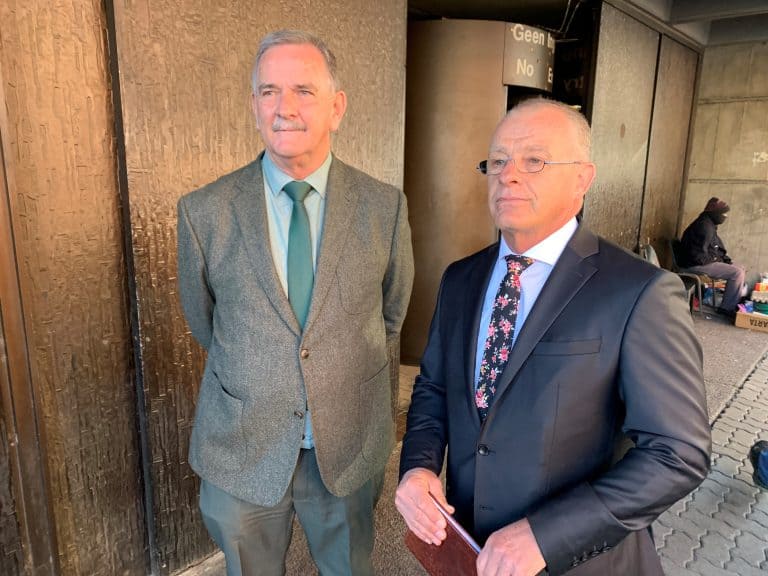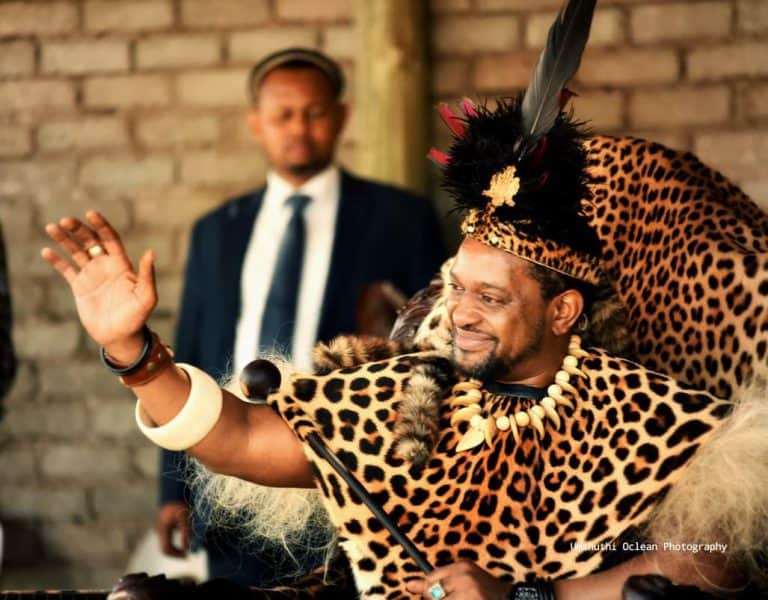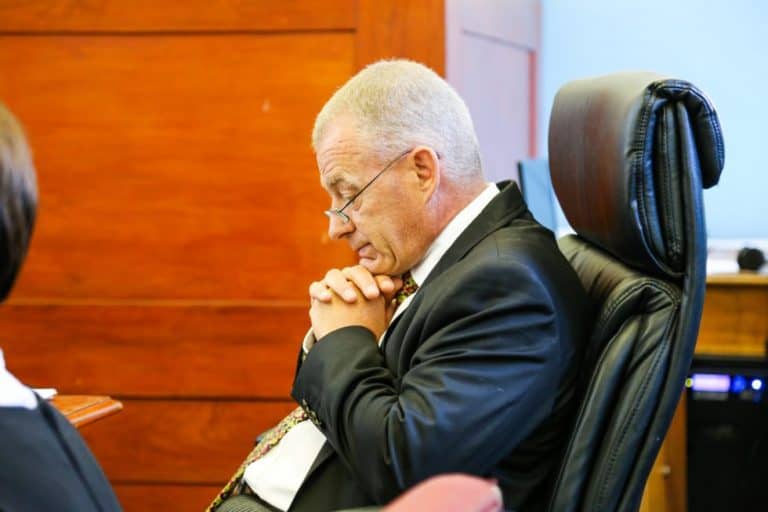Afrikaners and Seleka Barolong commemorate 160 years of friendship with renovation of historic graves and monument
Media statement also available in: Setswana
AfriForum and the Barolong Boo Seleka today commemorated the treaty of alliance and partnership that was signed exactly 160 years ago, on 27 March 1865, between the then kgosi of the Barolong Boo Seleka, Kgosi Moroka II, and the Republic of the Orange Free State (OFS). This historic event is considered to be the beginning of formal cooperation and mutual recognition between Afrikaners and the Barolong Boo Seleka. Today’s commemoration event saw the unveiling of the newly restored graves of the Barolong Boo Seleka royal family and the monument commemorating the election of the first Voortrekker government in 1836 in Thaba Nchu.
The story of the Afrikaners and the Barolong Boo Seleka are full of examples of good relations and cooperation. The Voortrekkers arrived in Thaba Nchu, the kingdom of the Barolong Boo Seleka, in 1836 and were received with hospitality by Kgosi Moroka II. Among other things he sent oxen to the trek party of A.H. Potgieter so that they could retreat back to the safety of Thaba Nchu after they were stranded in October 1836 – following the attack on the lager at Vegkop, near present-day Heilbron. The Uys trek party also built its first thatched church here in 1837 and held communion for the first time outside the then Cape Colony.
The Barolong Boo Seleka, under the leadership of Kgosi Moroka II and his successor Kgosi Tshipinare, was a very important ally of the OFS and the mutual cooperation ensured the continued existence of both cultural communities. After Kgosi Tshipinare was murdered by his half-brother in 1884, the OFS annexed Thaba Nchu out of fear of the possible abuse of the leadership vacuum by the Kingdom of Lesotho, the then major opponent of the Barolong Boo Seleka and the OFS.
As a sign of gratitude for what the Barolong Boo Seleka had done for the Afrikaners, construction work on the Ereskuld (honour debt) church began in 1928. This unique church at Thaba Nchu was inaugurated in 1932.
The good relations and cooperation between the Barolong Boo Seleka and Afrikaners were renewed in 2020, and in light of this, AfriForum supported to the royal family in a court battle for recognition against the then provincial government of Ace Magashule. Since then, AfriForum and the Barolong Boo Seleka have also undertaken several joint agricultural development projects (in collaboration with the family farmer network Saai) and heritage projects.
According to Kgosi Gaboilelwe Moroka, kgosi of the Barolong Boo Seleka cultural community, it is important to remember both the good and the bad of the past. “It is very important that we give recognition to our ancestors who sacrificed so much to ensure a future for us. We want to hand over the precious heritage and legacy that we received from them in a better condition to the next generation. To be stuck in the past will not solve the great challenges of poverty, lack of food security, joblessness and crime that we are facing. That is why we take what is good from the past and utilise all the innovations and partnerships that is available to us today and focus our energy to ensure a good future for our children.”
Barend Uys, Head of Intercultural Relations and Cooperation at AfriForum, maintains that cooperation between communities is extremely important. “Our ancestors were wise and understood that collaboration with other cultural communities is crucial to ensure the prosperous continued existence of Afrikaners here at the southern tip of Africa. We are inspired anew by the good that can be discovered in the past, and work with humble dedication to, in the words of N.P. van Wyk Louw, continue to exist here in justice. The network of cultural communities, built on the foundation of mutual recognition and respect, that is currently taking shape at grassroots level, fills us with hope for the future.”
Kallie Kriel, CEO of AfriForum, also attended the commemoration event. According to him, events like these confirm that good relations exist between cultural communities at grassroots level. “It is only the elite and political leaders who try to benefit from polarising conduct and statements. Our children are important to us and therefore we will continue to work unashamedly to ensure a future for them, in peaceful and prosperous coexistence with all cultural communities, in the country,” he concludes.
Cover image: Kgosi Gaboilelwe Moroka, kgosi of the Barolong Boo Seleka cultural community, and Kallie Kriel, CEO of AfriForum, at the unveiling of the newly restored Morakashoek Voortrekker Site Monument.
